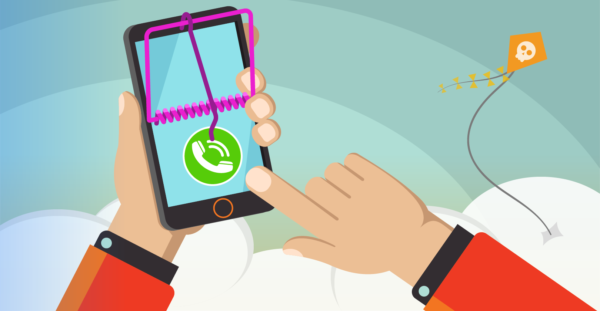Scam Alert : us9514901185421 , us9514 , 9011 , 85421 , Scam Alert, tracking number us9514901185421 , tracking number
US9514901185421
US9514901185421 : scams have become increasingly sophisticated, targeting unsuspecting individuals through various channels. One such scam that has gained notoriety is the us9514901185421 scam. aims to shed light on this scam, providing you with essential information on how to recognize and protect yourself from falling victim to it.
Understanding the us9514901185421 Scam:
The us9514901185421 scam is a type of phishing scam that primarily operates via email and social media platforms. Scammers send out fraudulent messages that appear legitimate at first glance, often using logos and branding to mimic well-known companies, banks, or government organizations.
Read more : https://wnmagazine.com/2023/09/28/us9514961195221/
These messages typically contain urgent and enticing offers or threats designed to prompt recipients to take immediate action. Some common variations of the us9514901185421 scam include fake lottery winnings, tax refund notifications, or requests to update personal information.
Red Flags to Watch Out For:
- Unsolicited Emails: Be cautious of unsolicited emails or messages from unknown senders.
- Urgent and Threatening Language: Scammers often use alarming language to create a sense of urgency, pressuring victims into making quick decisions.
- Spelling and Grammar Errors: Scam emails often contain noticeable spelling and grammar mistakes.
- Suspicious Links: Avoid clicking on any links or downloading attachments in suspicious emails or messages.
- Requests for Personal Information: Legitimate organizations will never ask you to provide sensitive information, such as Social Security numbers or bank account details, through email or social media.
- Too Good to Be True Offers: Be skeptical of offers that seem too good to be true, such as winning a lottery you didn’t enter.
Protecting Yourself from the us9514901185421 Scam:
- Verify the Source: Always verify the legitimacy of the sender. Contact the organization directly using official contact information to confirm any claims made in the message.
- Use Strong Passwords: Ensure your online accounts have strong, unique passwords to prevent unauthorized access.
- Enable Two-Factor Authentication (2FA): Whenever possible, us9514901185421 enable 2FA on your accounts to add an extra layer of security.
- Educate Yourself: Stay informed about common scams and how they operate. Knowledge is your best defense against scams.
- Install Security Software: Use reliable antivirus and anti-malware software to protect your devices from malicious threats.
- Report Suspected Scams: If you receive a suspicious message, report it to the appropriate authorities, such as your email provider or local law enforcement.
- Don’t Share Personal Information: Never share personal or financial information through email or social media, especially in response to unsolicited messages.
Conclusion:
The us9514901185421 scam is just one of many online scams designed to trick individuals into revealing personal information or parting with their hard-earned money. By staying vigilant, verifying the source of messages, and following best practices for online security,.
you can protect yourself from falling victim to such scams. Remember, when in doubt, it’s always safer to err on the side of caution and not engage with suspicious messages or offers. Your online safety is paramount so take the necessary steps to safeguard your personal information and financial well-being.
FAQ
-
What is “us9514901185421”?
- It’s unclear what this specific code or reference pertains to without more context. Be cautious of unsolicited emails, messages, or websites asking for personal information or money if you encounter such codes, especially if you didn’t initiate the communication.
-
How can I identify online scams?
- Be wary of unsolicited messages or emails asking for personal or financial information, especially if they contain spelling or grammar errors, unusual requests, or unfamiliar sender addresses. Always double-check the sender’s authenticity and website URLs before clicking on any links.
-
What should I do if I suspect an online scam?
- If you suspect you’ve encountered an online scam, do not engage further with the sender. Do not click on any links, download attachments, or provide personal information. Report the suspicious activity to your email provider, social media platform, or the appropriate authorities if necessary.
-
How can I protect myself from online scams?
- Stay informed about common scam tactics. Be cautious when sharing personal information online, use strong and unique passwords, enable two-factor authentication, and keep your computer and software updated with security patches. Install reputable antivirus and anti-malware software.
-
What should I do if I’ve fallen victim to an online scam?
- If you’ve already fallen victim to a scam, take immediate action. Change your passwords, notify your bank or financial institution if your financial information was compromised, and report the incident to your local law enforcement agency or a cybercrime reporting center. Consider contacting identity theft protection services as well.
